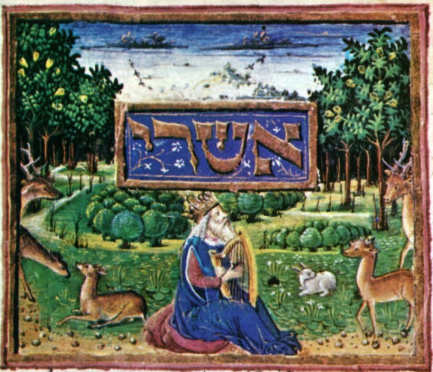Register now for the upcoming interactive Zoom course presented by Cantor Ramón Tasat in conjunction with the Hazleton JCC, starting Friday October 27th, 2023 from 12-1PM, weekly for 4 weeks.

We invite invite you to join us for an upcoming lecture series presented by Agudas Israel’s Cantor Ramón Tasat in conjunction with the Hazleton JCC on “The Music and Poetry of the Psalms”. The interactive & musical lectures will be broadcast live on Zoom as well as recorded for registered participants. The cost for the course is $20.
“We are all overwhelmed by the tragedy that has befallen our beloved State of Israel. During this difficult time, the Psalms provide us with moments of great inspiration, passion, introspection and beauty. Join us for 4 Fridays starting Oct. 27th from 12-1 p.m on ZOOM to connect together as a community to discuss the ideas expressed in the text and sing beautiful musical settings that enlarge the already vibrant meaning of the poems.”
Course payment can be made via:
1. check made out to the “Hazleton Jewish Community Center” and sent to 77 N. Pine St, Hazleton PA 18201;
2. Credit card payment via Paypal (paypal.me/Hazletonjcc);
3. or Zelle bank transfer (our Zelle ID is hazleton.jcc@gmail.com).